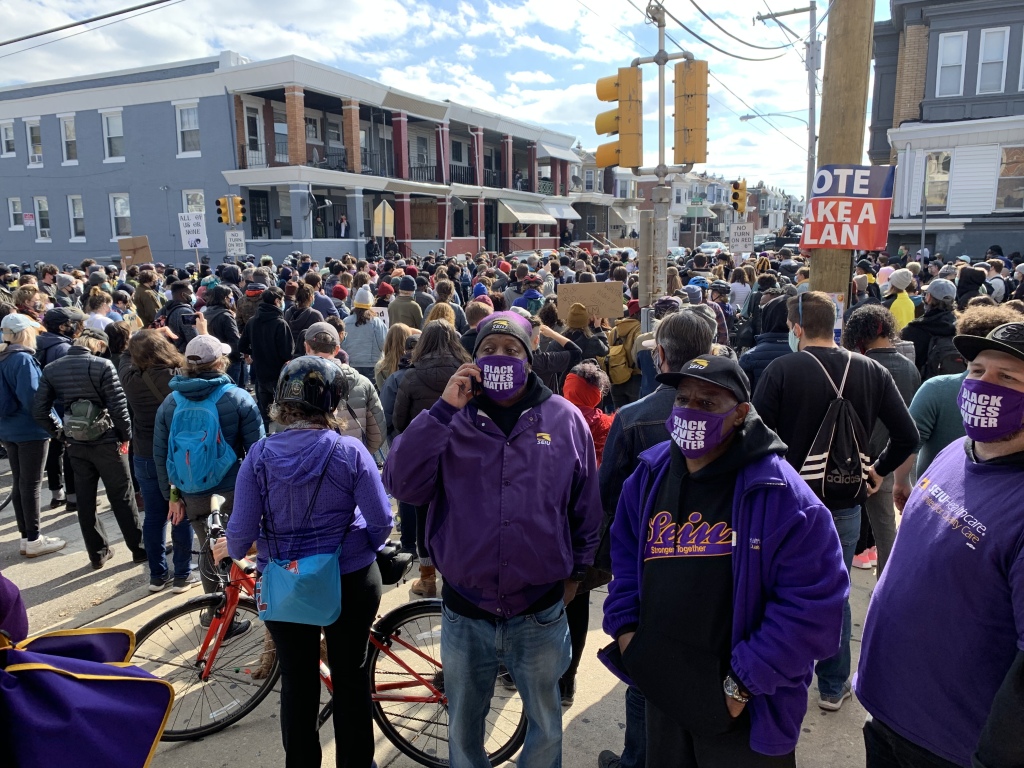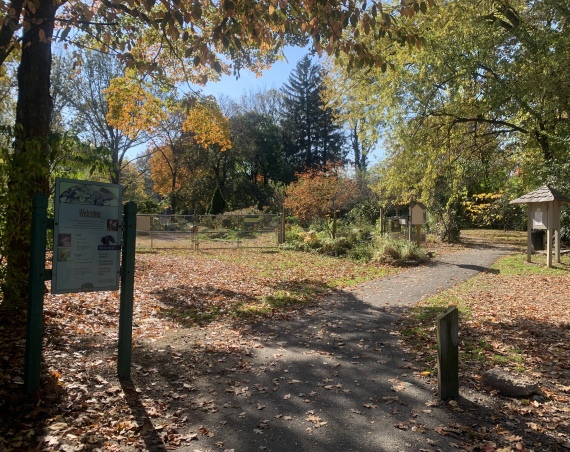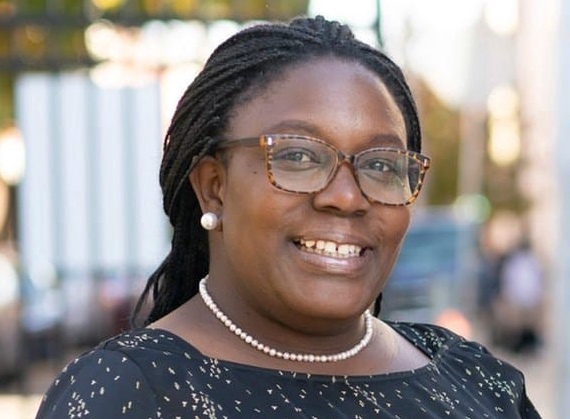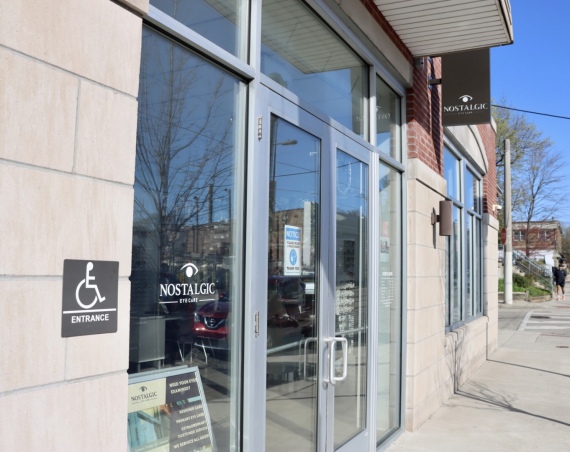Four years later, their coalition has grown, working in intersectional ways with movements and direct action to support Black and brown communities
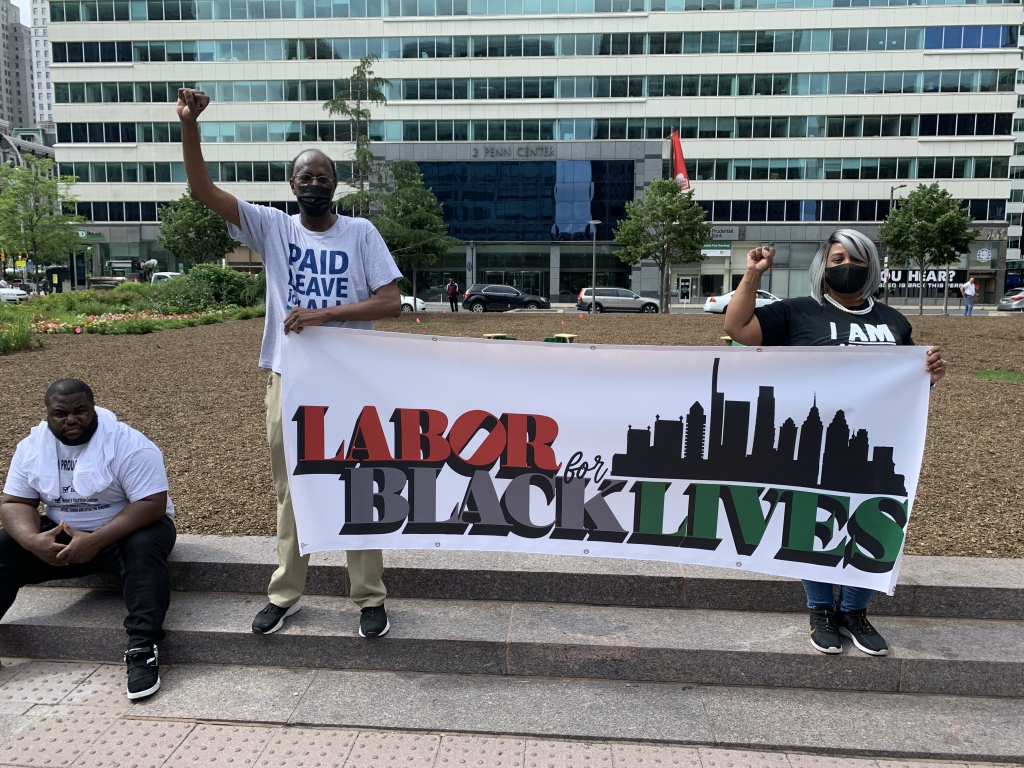
2024 has seen an approved strike for Aramark stadium workers in Philadelphia for family-sustaining wages and quality healthcare. Community leaders and elected officials are still mobilizing over a higher minimum wage in Pennsylvania. And a coalition of labor organizers in the city is trying to merge “labor” and community in new and different ways.
In 2020, Wendell Royster, Seth Anderson-Oberman, and Jarrett Smith were all working with SEIU Healthcare PA, the largest union of caregivers in Pennsylvania, including nurses and healthcare workers in hospitals, nursing homes, state agencies, and direct caregivers. As protests swept the nation in the wake of George Floyd’s murder by a Minneapolis police officer, they knew that the grief and anger of the Black community around the country was also intimately felt in their union’s membership.
Royster, born and raised in Germantown, is SEIU’s first Black vice president. He recalls the time when the George Floyd protests were kicking off.
“SEIU Healthcare was trying to move on like business as usual, even though it was times where …Black folks that’s on staff, had to say that we’re not okay today. And I kept showing up like that since Trayvon Martin, you know, and we can name several others, but as an officer of that union, my voice was heard a little differently,” said Royster.
He continued, “And it started to really ring out because I made them make space for Black and brown people to grieve, to be angry, to go through what they needed to go through, and to, like, literally say, I’m not alright today.”
Alongside the grief and the anger, Royster, Anderson-Oberman, and their fellow organizers were attending the protests and noticing there was not a lot of visible representation of labor there. And that stuck with them.
Together, they started the Labor for Black Lives Coalition, which was dedicated to ensuring that organized labor was taking concrete action to support the movement for Black lives. They are calling on organized labor to join with community advocates in pursuing racial and criminal justice reforms in Philadelphia and across the state.
Anderson-Oberman remembered the incident between protesters getting tear-gassed by police on I-676 and wondered if things might have gone differently.
“If “labor” showed up with our t-shirts in unity, standing in between the protesters and the police, you know, would the same thing have happened? I don’t know if the answer is no. But I think that labor carries a certain amount of respect that I’m hoping us being present could have prevented something like that,” he said.
As they were forming the coalition, they started listing out allies and Black and brown folks who were at different leadership levels in other unions. They would ask how their union was showing up for them and whether there was a safe place in their unions for Black folks to talk about what they were going through.
Some unions were more open to these conversations. Some were business as usual. They slowly reached a coalition of 15 unions when they started. Now they have 30 involved.
Each May 25, the coalition hosts a George Floyd memorial event. This year, on the fourth anniversary of the memorial service, Dr. Shareeduh McGee, George Floyd’s cousin, joined them from Texas. She talked about what losing Floyd meant to her, and the support she and her family want to give to others who’ve been affected by police violence.
One outcome of the coalition’s progression has been broadening the discussion beyond police accountability. Organizers in the coalition knew that the movement to make Black lives matter meant more than criminal justice reform. They knew that fighting for Black lives was a more complex fight requiring an intersectional approach.
Anderson-Oberman notes it isn’t just criminal justice reform but also having a real voice at work, getting paid the same wage as a white co-worker with room to advance, and access to affordable housing and quality healthcare. It’s to ensure the right to a dignified and whole life. It meant Labor For Black Lives showing up in lots of different ways.
In the past four years, the coalition has partnered and shown up throughout the city, dedicated to bringing “labor” visibility and support to different causes that affect their union members. The coalition brought a group of folks out to two different nights of peace patrols with Operation Hug the Block. They have worked with the 57 Blocks Coalition on preventing gun violence and investing in communities, and hosted a panel on reimagining safety.
They showed up to support protests and activism around the UC Townhomes. They mobilized for action after the Sonya Massey murder. They have fed unhoused folks, worked with returning citizens, and have protested alongside efforts for a ceasefire in the Israel-Hamas war. And they’re in full support of the local Unite Here Philly Local 274 union of private hotel and food service workers, including stadium workers who voted to strike this month for family-sustaining wages and healthcare.
Royster points out that this coalition continues to build and merge labor in communities in ways that folks may not have thought about before, and get union members, union leadership, and community members to understand that they are all working toward the same goals.
Royster says that “labor” has a strong voice here in Philadelphia, and its presence at certain protests helps smaller groups advocate for individual issues. Their support increases visibility. That’s why their coalition pays attention to the pain points of its members, and shows up in solidarity.
The coalition builds community and power in the issues their members are facing, but Royster said it is also to build their local unions’ memberships. “Because the folks that we are helping in communities, we one day want to be able to actually offer them a job or an apprenticeship somewhere with our locals so that we could better their lives.”
They’ve partnered with the Philly Black Workers Project, who have been members of the coalition for a little over two years. Brittany Alston, the director of the Philly Black Workers Project, sees a lot of beauty around the partnerships supporting Palestinians.
“We’ve worked together around fighting for unions and labor in support and solidarity of Palestine. And so that has been amazing to see different unions, different organizations coming together, recognizing the need to fight against the genocide,” Alston said.
As they continue to build, Labor for Black Lives knows that there is still so much their members deal with on a regular basis in their lives and communities, that can’t be ignored and can’t be separated from their work.
“You know, a lot of times what I found is that our members are still unpacking a lot of things that’s happening in their community and that affects how they show up to work every day,” said Royster.
The coalition is currently working on voter engagement until the election in November, and most recently partnered with the AFL-CIO for a non-partisan Voter Registration Canvas. They believe voter engagement is essential in this election and continue to partner on issues their members bring to the table. They are also working steadily on future contractual work that isn’t public yet, but will be beneficial to their member base.
To find out more about the Labor For Black Lives Coalition you can check out their Facebook page.
